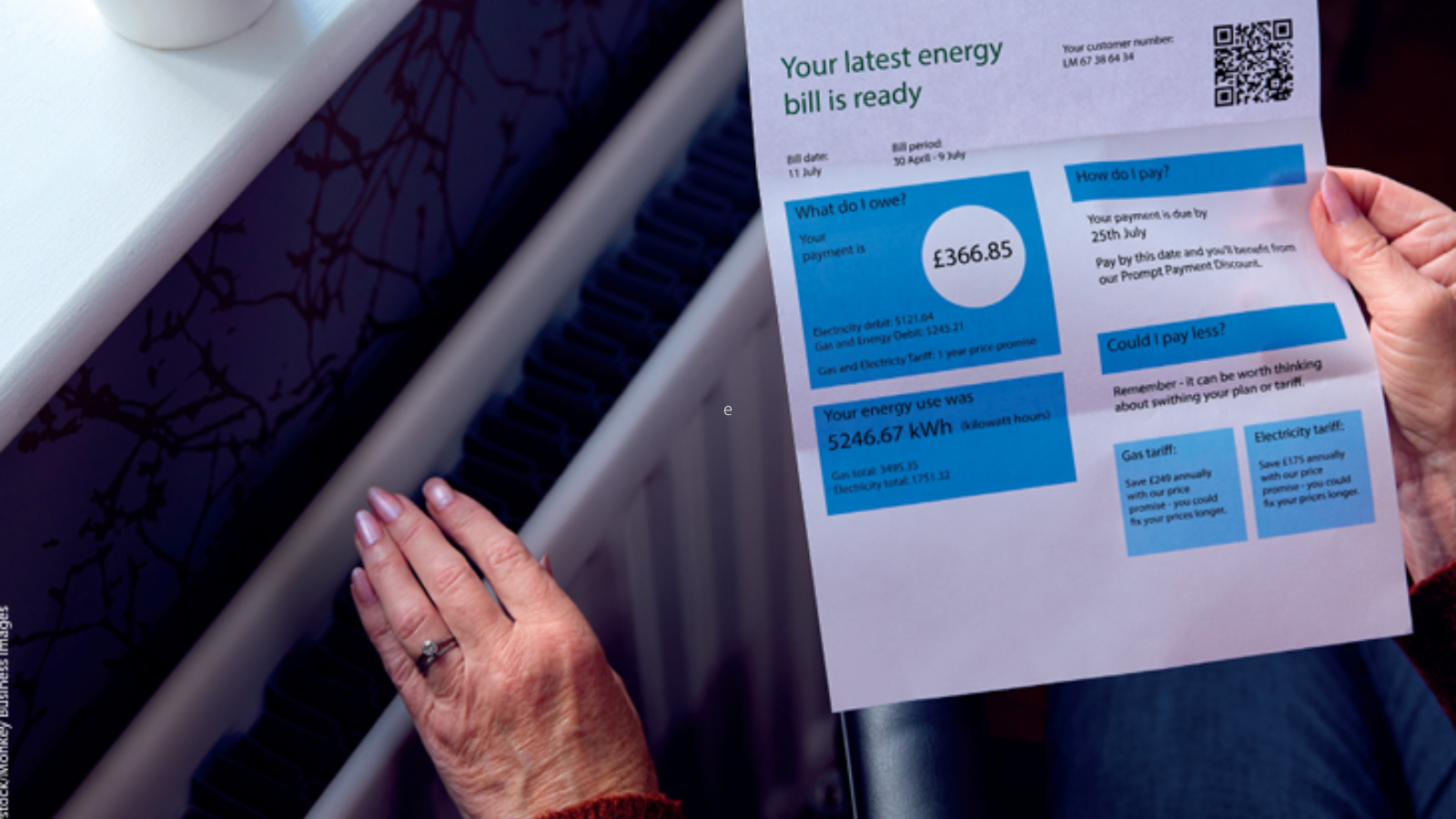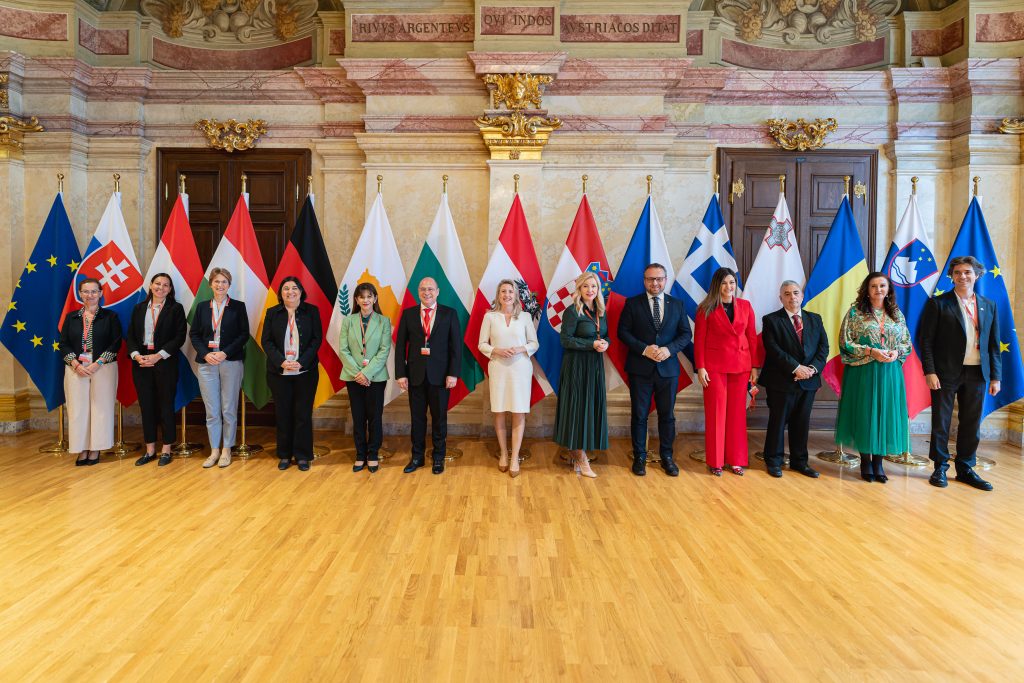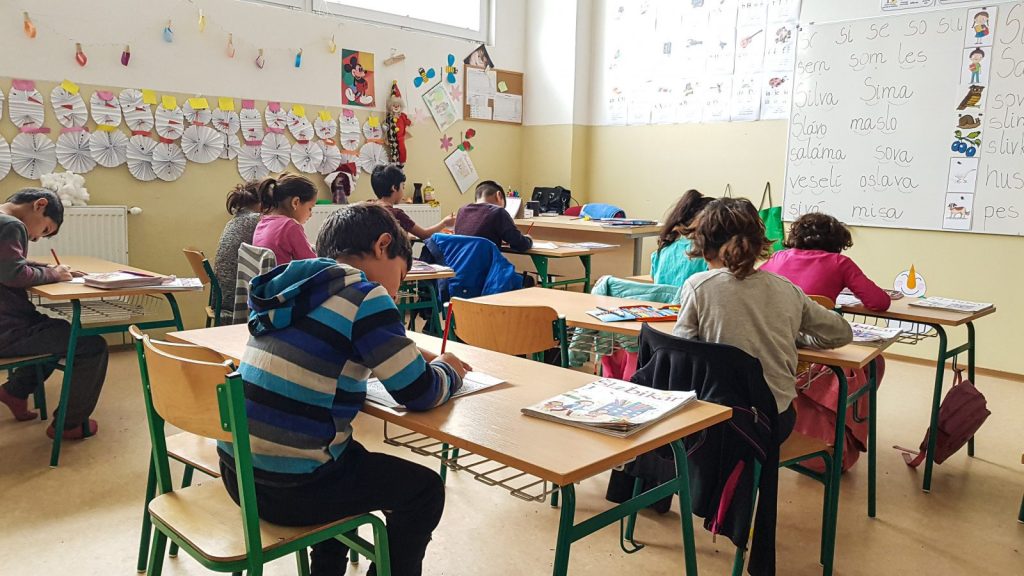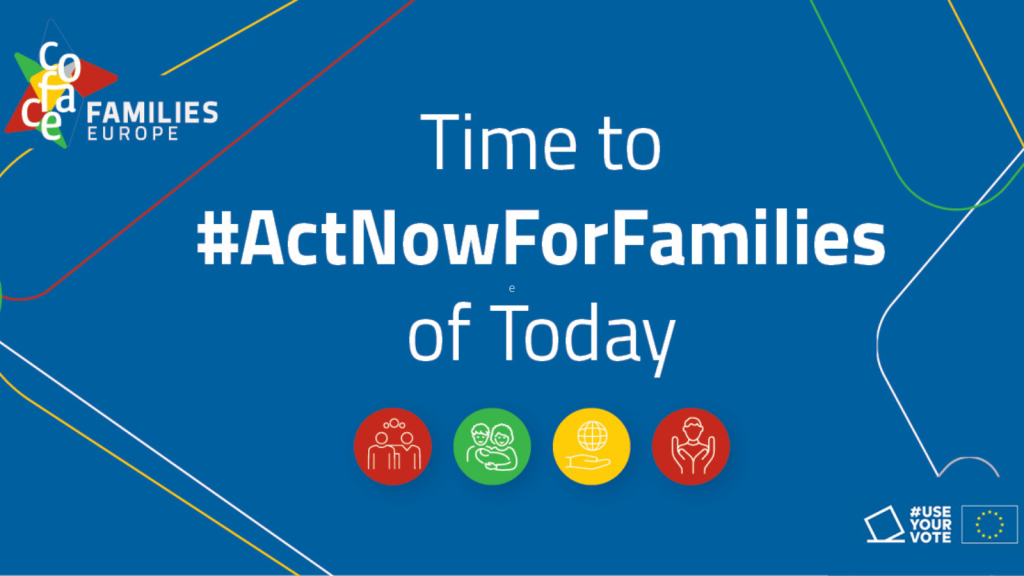The Covid-19 pandemic and the European energy crisis resulting from Russia’s invasion of Ukraine have brought energy poverty to the forefront of social and political debate. EU policies have increasingly reflected this, but gender considerations remain overlooked. The European Economic and Social Committee’s recently published study aims to address this gap and better understand the gender-energy poverty nexus. It analyses existing literature, EU policy and national policies.
The study analyses original qualitative data from 7 EU member states: Lithuania, Croatia, the Republic of Cyprus, Bulgaria, Ireland, Spain, and Germany. The study explores the link between gender and energy poverty. It assesses the contributing causes to women’s higher likelihood of suffering from energy poverty, and how women are affected differently. It highlights critical factors such as age, the interplay of paid labour and care work, household structure, quality of housing, and health status.
The case study countries are diverse in geography and climate. As well as the level of research, and its integration into legislation and programmes concerning the gender-energy poverty nexus. The case study sheds light on good practices, policy, and implementation gaps. The study underlines the imperative for ‘holistic, intersectional approaches in combatting energy poverty at both EU and national levels.
Read the description of the study by the commission here.





